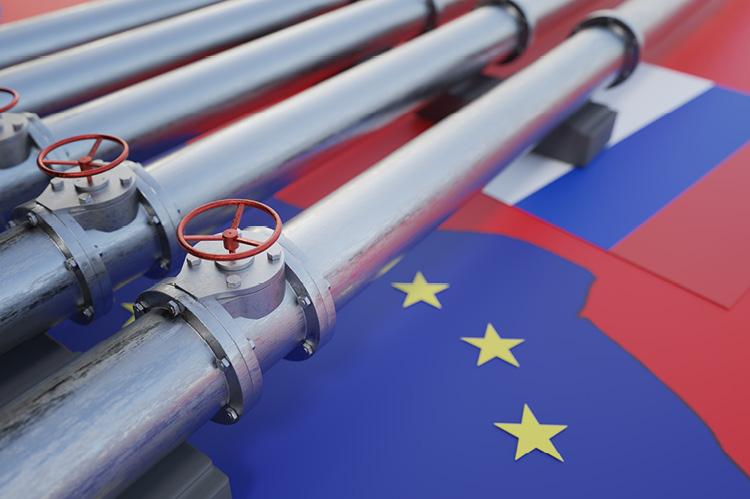[Opinion] The Seeds Of European Reliance On Russian Gas And Pipelines

More than four decades ago the CIA warned in a memorandum to then President Ronald Reagan that "the 5,633-km gas pipeline from Siberia to Germany is a direct threat to the future of Western Europe, it said, creating 'serious repercussions' from a dangerous reliance on Russian fuel."
The Reagan administration imposed sanctions to try to block the pipeline, a major Soviet initiative designed to carry huge amounts of fuel to America’s critical allies in Europe. But he swiftly faced stiff opposition — not just from the Kremlin and European nations eager for a cheap source of gas, but also from a powerful lobby close to home: oil and gas companies that stood to profit from access to Russia’s gargantuan gas reserves.
Those efforts, nearly a half-century ago, show how some of the world’s largest oil and gas companies played a critical role in opening up Russia’s reserves by opposing sanctions and advocating for business interests over national security, human rights or environmental concerns.
Today, Europe’s reliance on Russia’s gas has put European nations in a compromised position: They continue to purchase Russian energy, transferring enormous sums of money to Moscow, which fund a Russian invasion that they denounce.
Not only this ... because Reagan failed to bring European allies behind his sanctions regime, the foundation was set for a large and systematic buildout of Russia's gas pipeline network, including such transboundary pipelines like Yamal, Nord Stream 1 and 2, Turkstream, Brotherhood, et al. All such initiatives have made it more difficult for the EU to develop a credible strategy against climate change. Indeed, Europe's eagerness to embrace Russian pipelines has effectively committed the continent to a reliance on gas that not only continues today, but remains difficult to unravel even in a moment of global unity against Russian aggression.
Before Russia’s attack on Ukraine last month, Germany relied on Russia for 55 percent of its gas; the rest of the EU for approximately 40 percent.

